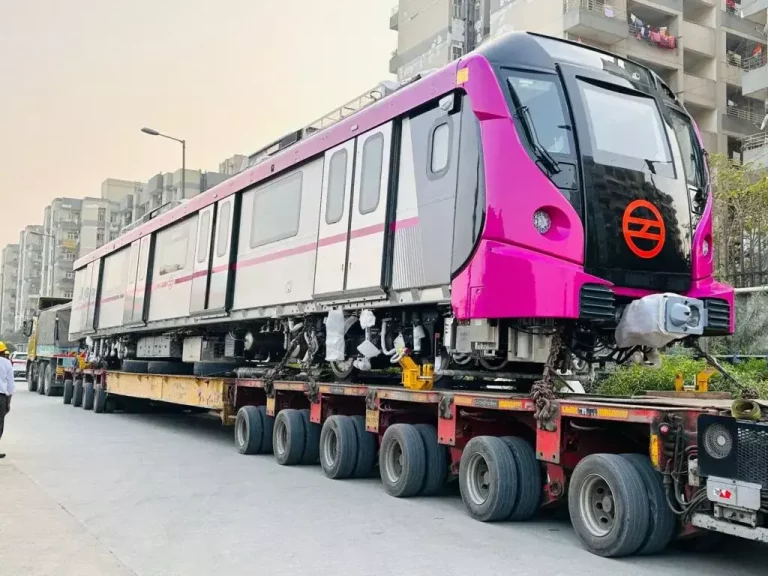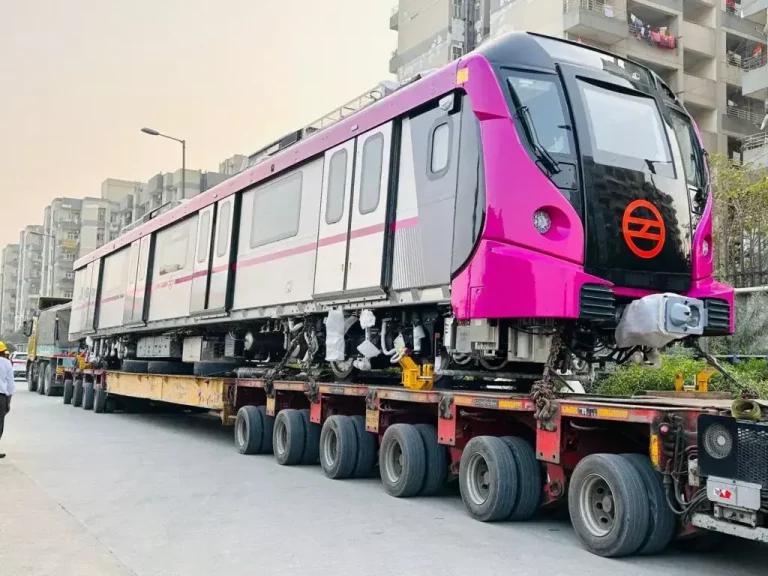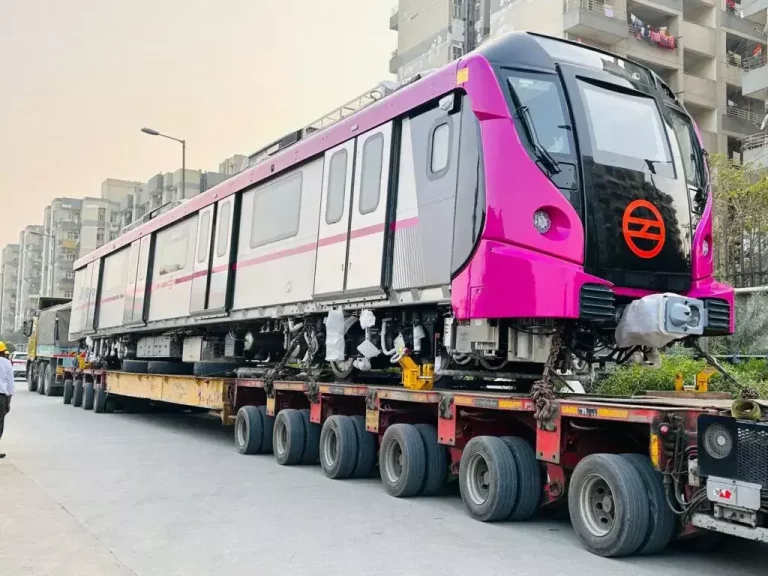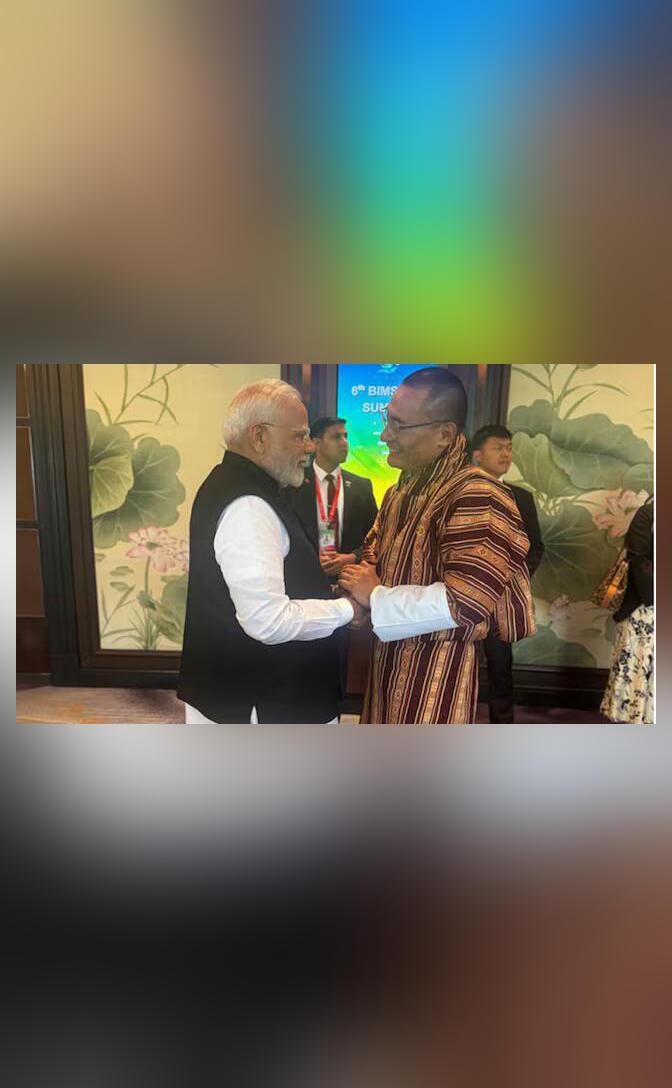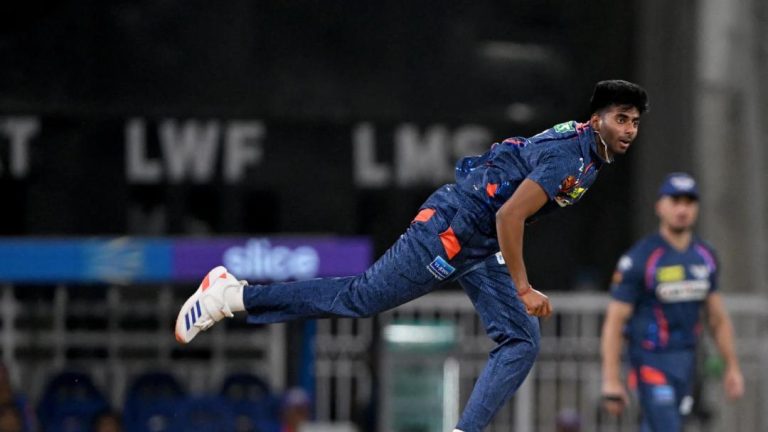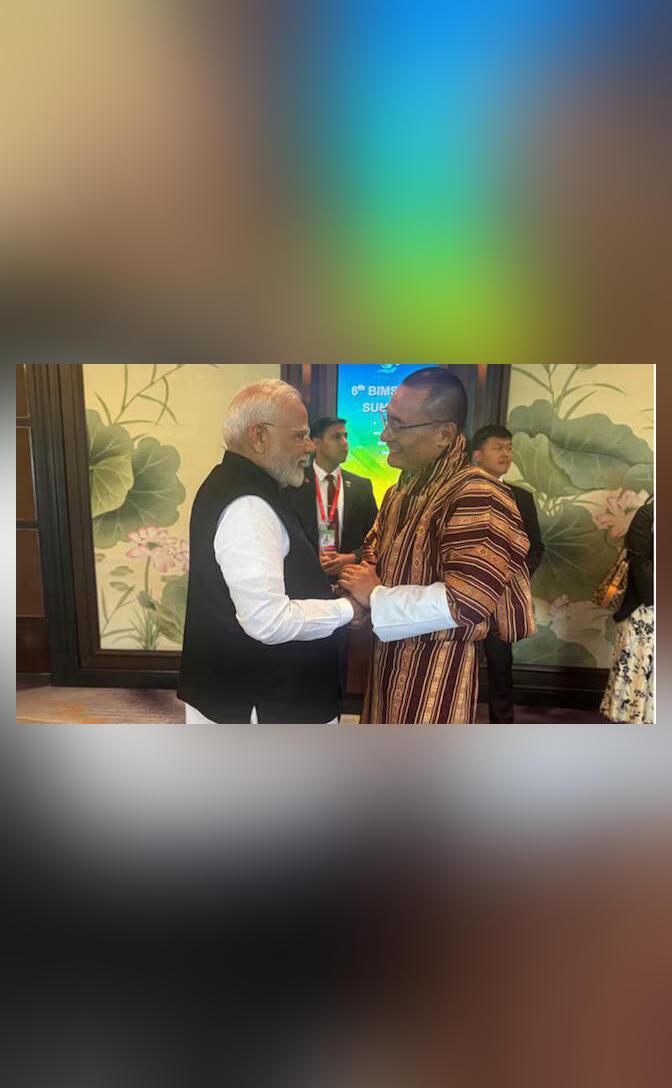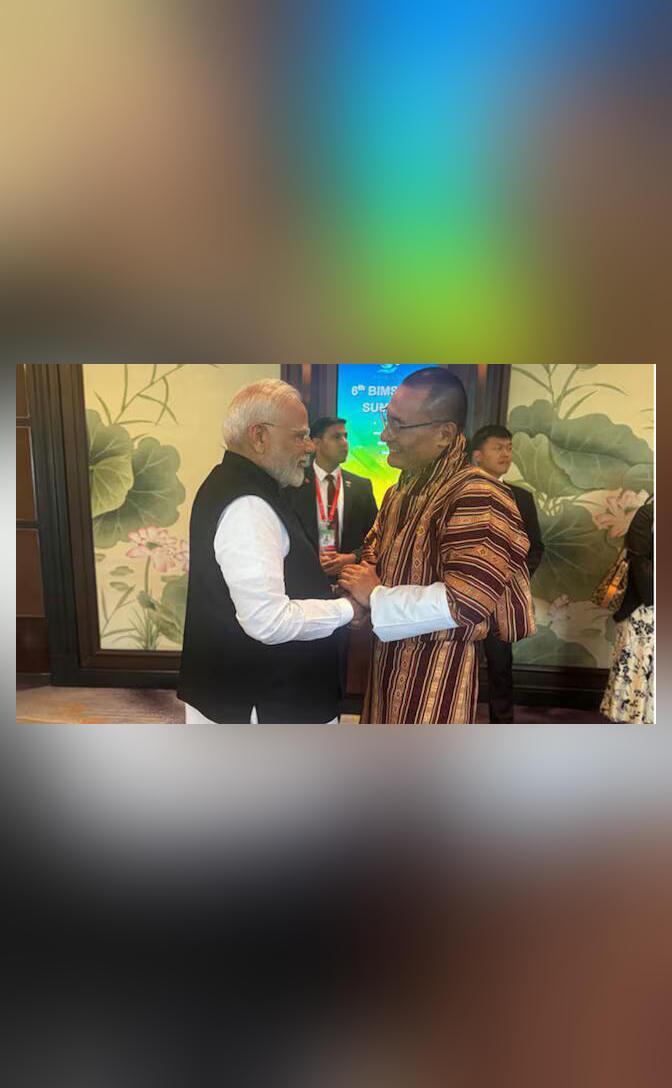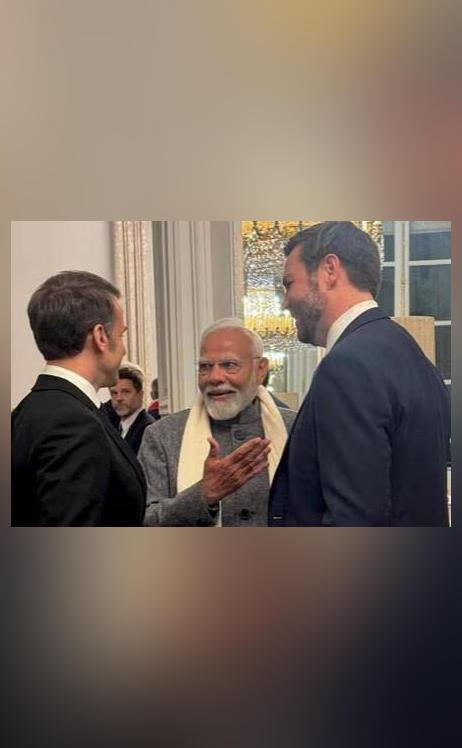
No one but humans hold key to future, says PM Modi at AI Summit; US VP Vance reacts
The AI Action Summit in Paris recently brought together some of the world’s top leaders, policymakers, and experts in the field of Artificial Intelligence (AI) to discuss the future of the technology and its potential impact on society. At the summit, Indian Prime Minister Narendra Modi delivered a thought-provoking speech, warning about the dangers of AI and emphasizing the importance of human involvement in shaping its future.
Modi’s remarks came as a response to concerns about the rapid advancement of AI and its potential to surpass human intelligence. He noted that while some people may worry about machines becoming superior to humans, he believed that humans are the ones who hold the key to their collective future and shared destiny. “Some people worry about machines becoming superior in intelligence to humans. But no one holds the key to our collective future and shared destiny other than us humans,” Modi said.
Modi’s comments were met with approval from US Vice-President JD Vance, who was also in attendance at the summit. “I appreciate PM Modi’s point,” Vance said in his response. “AI will make people more productive, it won’t replace human beings.” Vance’s comments echoed Modi’s sentiments, highlighting the importance of human involvement in the development and deployment of AI.
Modi’s speech was significant not only for its emphasis on the importance of human involvement in AI development but also for its broader implications for the future of the technology. As AI continues to advance and become increasingly integrated into our daily lives, it is essential that we recognize the potential risks and benefits associated with its deployment.
One of the primary concerns surrounding AI is its potential to displace human workers. As machines become increasingly capable of performing tasks that were previously the domain of humans, there is a risk that many people may find themselves out of work. This could have significant social and economic implications, particularly in countries where the workforce is already struggling to adapt to changes brought about by automation.
However, as Vance noted, AI is not necessarily a replacement for human beings. Rather, it is likely to augment our capabilities and make us more productive. By automating routine and repetitive tasks, AI can free up humans to focus on more complex and creative work, leading to greater innovation and economic growth.
Another concern surrounding AI is its potential to exacerbate existing social and economic inequalities. As AI becomes increasingly integrated into our daily lives, those who are already disadvantaged may find themselves further marginalized. For example, those who lack access to quality education or job training may struggle to adapt to the changing job market, leading to a widening of the gap between the haves and have-nots.
However, as Modi and Vance noted, AI is not inherently good or bad. Rather, it is a tool that can be used for good or ill, depending on the intentions and actions of those who develop and deploy it. By recognizing the potential risks and benefits associated with AI, we can work to ensure that its development and deployment are guided by a commitment to fairness, equity, and human well-being.
In conclusion, Modi’s remarks at the AI Action Summit serve as a timely reminder of the importance of human involvement in shaping the future of AI. As we continue to develop and deploy this technology, it is essential that we recognize the potential risks and benefits associated with its deployment and work to ensure that its development is guided by a commitment to fairness, equity, and human well-being.
